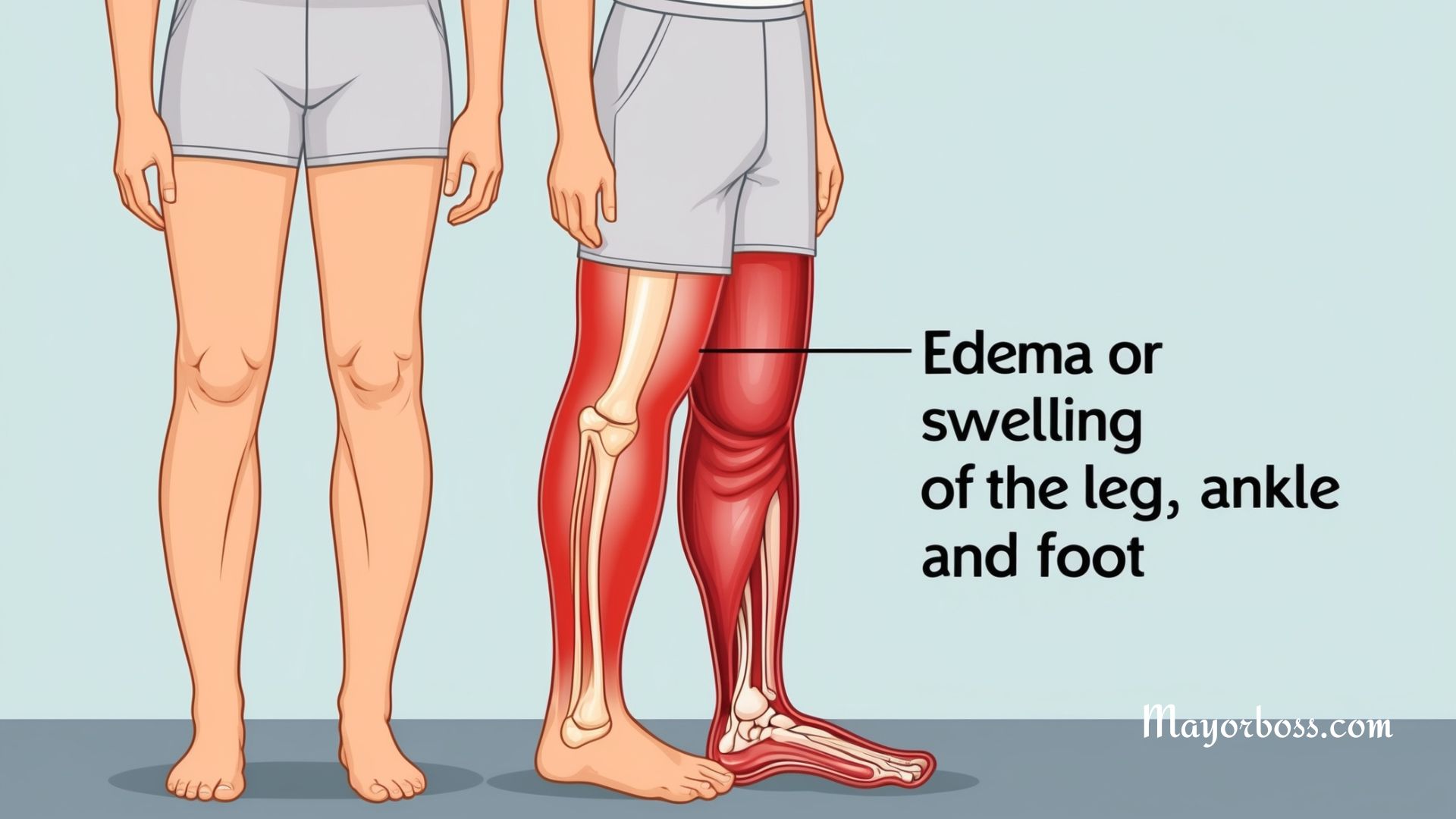Why You Have Shoulder Pain and How to Treat It
Shoulder pain can make simple tasks like lifting groceries or typing on a computer difficult. Common causes range from muscle strains and rotator cuff issues to arthritis and bone fractures. Thankfully, there are various ways to treat shoulder pain, from at-home remedies to medical interventions.
What Causes Shoulder Pain?

Muscle Strains and Sprains
You’ve probably lifted something heavy and felt a twinge in your shoulder. That’s often due to a muscle strain or sprain. When you overstretch or tear a muscle or tendon, it can cause pain and discomfort.
Rotator Cuff Injuries
If you’re involved in activities that require a lot of arm movement, like swimming or painting, you may be more prone to rotator cuff injuries. This happens when the muscles and tendons that surround your shoulder joint get damaged.
Arthritis
As you age, you might notice more aches and pains. Sometimes, this is due to arthritis affecting the shoulder joints. Arthritis can make it hard to move your shoulder and can cause significant discomfort.
Bone Fractures
Accidents can happen, and if you fall or suffer a blow to your shoulder, it may result in a bone fracture. A fractured bone in the shoulder area will definitely cause you pain and limit your range of motion.
Tendinitis
When you repeat the same shoulder motions again and again, you may develop tendinitis. This inflammation or irritation of a tendon can cause a lot of discomfort.
Bursitis
In your shoulder, there’s a small, fluid-filled sac called a bursa that helps reduce friction between bones and muscles. When this becomes inflamed, it’s called bursitis, and it can be quite painful.
Pinched Nerves
Sometimes, nerves around your shoulder can become compressed or “pinched,” leading to pain, numbness, or tingling.
Other Causes
Sometimes, the pain isn’t even originating from your shoulder. Issues like heart disease or gallbladder problems can cause referred pain in the shoulder area. So, if your shoulder pain persists, consult a healthcare provider for a thorough diagnosis.
How Can You Treat Shoulder Pain?
Home Remedies
Cold and Heat Therapy
Applying ice can help reduce swelling and numb the area, offering temporary relief. After the swelling goes down, applying heat can help relax and loosen tissues and stimulate blood flow to the area.
Over-the-Counter Medication
Anti-inflammatory medications like ibuprofen and naproxen can help control the pain. However, these are not long-term solutions, and excessive use can have its own set of problems.
Physical Therapy
If your shoulder pain is recurring, a physical therapist can teach you exercises tailored to improve your condition. Strengthening your shoulder can help prevent future pain.
Corticosteroid Injections
For more severe pain, your doctor may suggest corticosteroid injections. These can offer relief by reducing inflammation but are usually not a long-term solution.
Surgery
In extreme cases, surgical options like arthroscopic surgery may be necessary. This is usually considered a last resort when all else fails.
When Should You See a Doctor?
If your shoulder pain lasts for more than a week or interferes with your daily activities, it’s time to seek medical advice. Moreover, if you experience severe pain, can’t move your shoulder, or have signs of an infection like fever, immediate medical attention is crucial.
What Can You Do to Prevent Shoulder Pain?
Exercise Regularly
Regular exercise can help strengthen your shoulder and back muscles. This can help you avoid shoulder pain in the long run.
Maintain Good Posture
Slouching can put extra pressure on your shoulder and back. Therefore, make sure you maintain good posture, especially if you work at a desk all day.
Be Mindful When Lifting Heavy Objects
Always use proper lifting techniques and ask for help when lifting something heavy. This can help you avoid straining your shoulder muscles.
So, now you know why you might be experiencing shoulder pain and what you can do to treat it. Take proper steps to keep your shoulders healthy and consult a healthcare provider for persistent or severe issues.
Frequently Asked Questions
How Can I Tell if My Shoulder Pain Is Serious?
If your shoulder pain is accompanied by difficulty breathing, intense pressure in the chest, or severe pain that comes on suddenly, seek emergency medical attention immediately. Additionally, if your pain persists for more than a week or worsens despite home treatment, it’s advisable to consult a healthcare provider.
Can Shoulder Pain Be a Sign of Something More Serious?
Yes, sometimes shoulder pain can be a symptom of a more severe condition like a heart attack, especially if it’s accompanied by other symptoms like chest pain, shortness of breath, or jaw pain. Therefore, if you have any of these additional symptoms, seek immediate medical help.
Are There Exercises to Help Relieve Shoulder Pain?
Definitely! Exercise can help strengthen your shoulder and improve your condition. Shoulder rolls, arm circles, and wall push-ups are some simple exercises that can help. However, consult a physical therapist for a tailored exercise plan that suits your specific condition.
How Long Does It Take for a Shoulder Injury to Heal?
The healing time for a shoulder injury varies depending on the severity and type of injury. Minor strains or sprains may take a few weeks to heal, while more severe injuries like a torn rotator cuff could take months. Always follow your healthcare provider’s advice for the best recovery.
Can I Use Heat and Ice Together for Shoulder Pain?
Yes, you can use both in a cycle for effective relief. Generally, ice is good for reducing swelling and numbing the area, especially within the first 48 hours of noticing the pain. After that, heat can help relax and loosen tissues and stimulate blood flow. Just make sure not to apply ice or heat directly to the skin; use a cloth or towel as a barrier.






